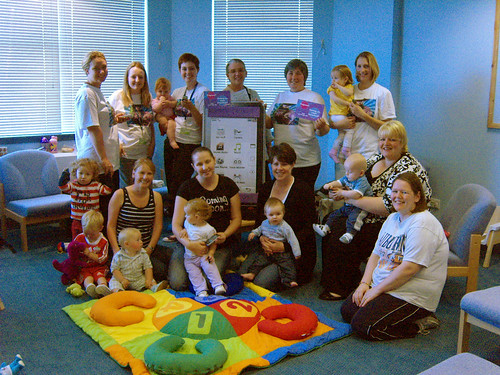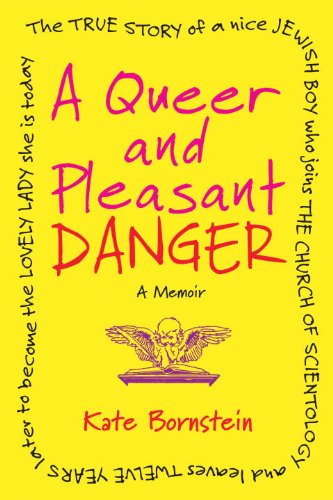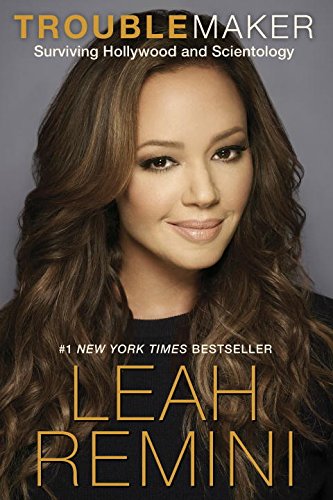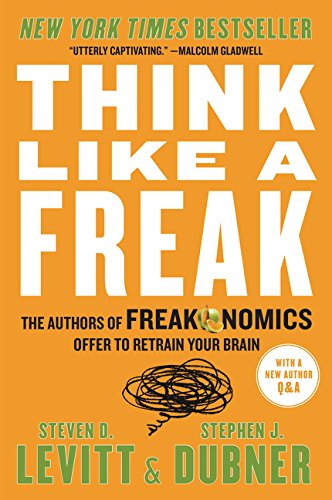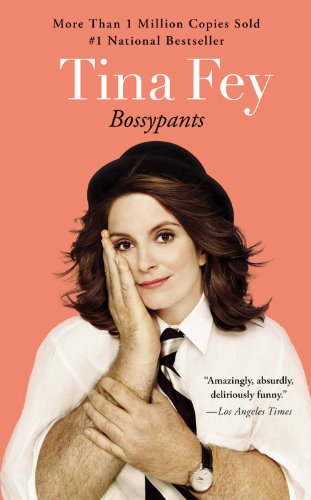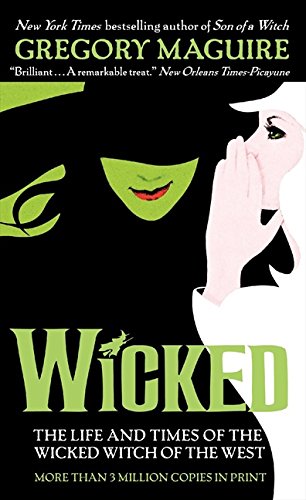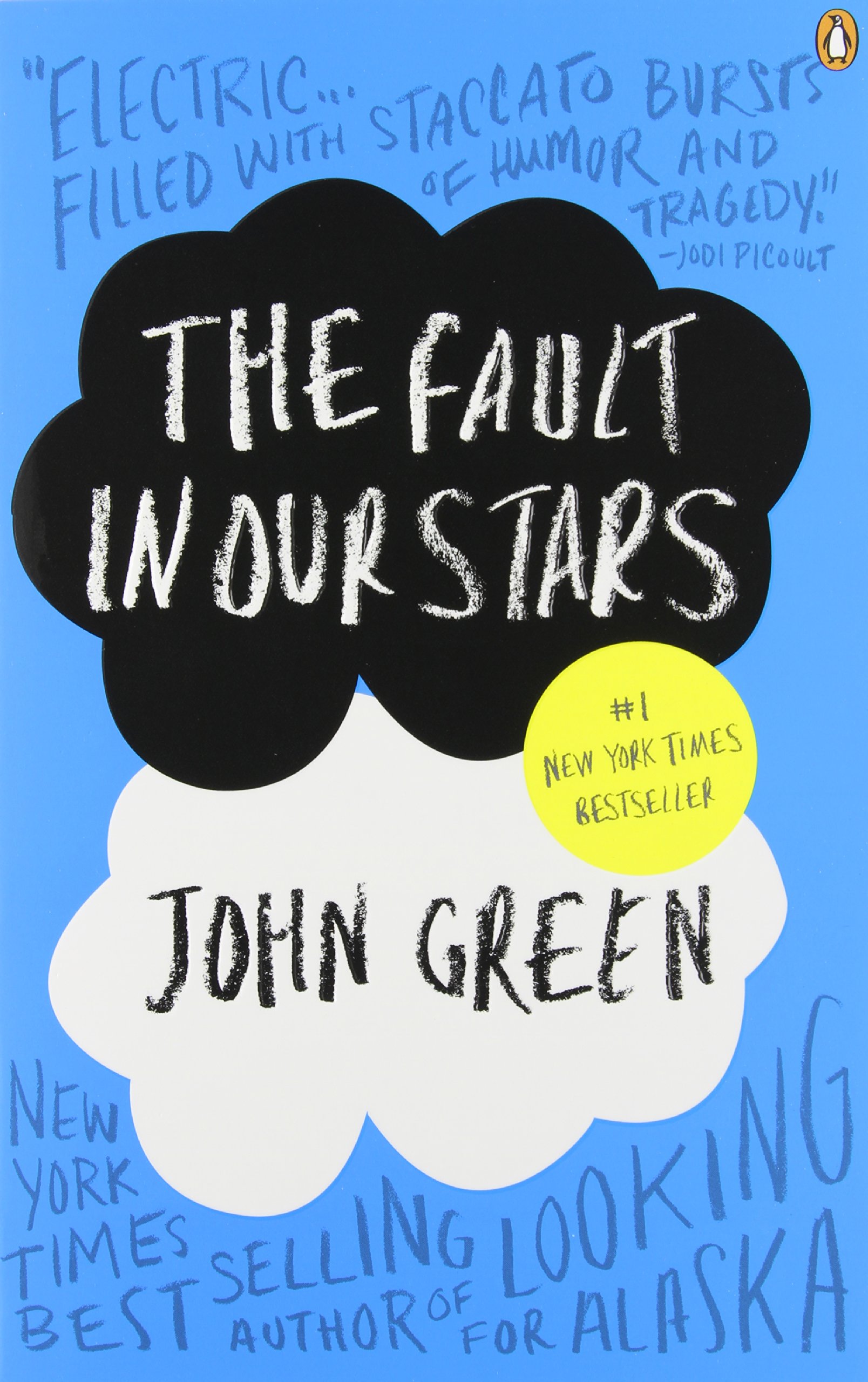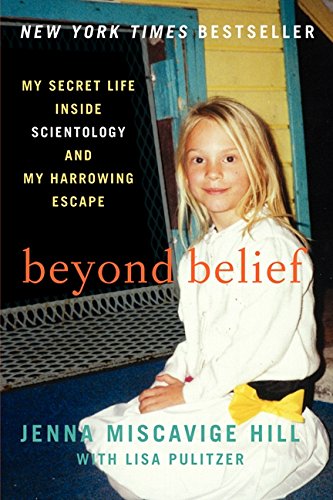Remember the part of your blog "Ask an Atheist"? We have a question. [My husband] and I are skeptical, but my daughter is a full blown atheist. How did you keep your deeply religious parents from torturing you? My mother is relentless and cruel! Help!Not an easy question to tackle sensitively. Immediately three or four ways to respond popped into my head, and I asked if I could answer her question via blog post, since there was no way I'd be able to squeeze it all into a text. It's not officially National Ask An Atheist Day, but I'll answer the question regardless.
 |
| Finding a photo for this topic was tough, so here's a religious family. |
So understand that everything I say from here on comes from a place of personally knowing how some religious parents feel.
Notice I said "some parents", because this is not necessarily the sole reason parents (and other loved ones) can be so upset when children or grandchildren question or even reject the family faith. There are other reasons for negative reactions from religious family members, such as bringing shame on the family, feeling their "tribe" has been rejected, feeling they are being rebelled against, or even feeling judged for their beliefs by the unbelieving individual. I don't want to go too deeply into all the reasons believing family members might be so bothered by unbelieving ones, but if you want to analyze this topic more deeply, there are others who have explored this subject in greater depth.
Let me also add a disclaimer - not all believers hound unbelieving loved ones. Many are live-and-let-live or simply keep their thoughts and feelings to themselves. Some do not stress about hell or care about family pride or feel a person's rejection of their faith is a rejection of them. So for those people, this post isn't about them. They're doing it right already. Thank you.
So assuming that the push back we atheists, agnostics and skeptics receive is based on any of those reasons above, we automatically are at a disadvantage. If it comes from a place of fear for our souls, there is nothing we can do to take that fear away. If it comes from a place of shaming the family by not towing the line, we cannot take that embarrassment away. In a society where religion (particularly Christianity) is not just the norm but the expectation, the onus ends up being on us to manage and mitigate these negative feelings that our unbelief produces in our loved ones, because somehow we are the ones who have done something "wrong".
For me personally, my parents are deeply religious, but I'd never say they "torture" me or are "cruel" to me. They can, however, feel relentless. My parents genuinely believe I'm going to hell, and this is a source of extreme anguish for them. Once again, let me reiterate that I really do get it. Yet, as firmly as they know I'm going to hell, I just as firmly know that there is no such place. Therefore it feels like the responsibility of managing their emotions always falls on me, because I'm the one who isn't emotionally distressed. Having been on both sides of the matter, I can see it from their perspective. They, however, cannot see it from mine. In fact, never at all does it seem they stop to think how their relentless proselytizing might affect my emotions or our relationship, because they cannot see that far. They see only my eternity in hell, and that clouds out every other possible perspective. Therefore, it's up to me, who has been on both sides, to respond in one of two ways - I can either scoff at their constant attempts at drawing me back in or I can empathize with them. I always choose the latter, but believe me, it's not fun and it's not fair.
It's not fair, because it drives a wedge between us, every single time, and they can't see it. They can't see that every comment, every dig, every attempt at making me see it their way is another brick laid in the wall that separates us. Christians (and others) in general don't seem to see how much we nonbelievers are expected to consider their feelings first, show respect for their beliefs and walk on eggshells to avoid hurting or offending them, when none of that consideration or respect is given to us. For family members who are embarrassed by what we've done to their reputation, it might be even more difficult. It's one thing for me to empathize with their fear of my going to hell, but it's a lot harder to empathize with those who just wish we'd shut up and stop bruising the family pride. Every time we sense that their disapproval of us is based on the disapproval they receive (or perceive to receive) from others, another brick is laid in that wall between us.
Nevertheless, that's where most of us are, so what can we do to handle it?
I can only speak from experience, and my answers aren't great. They aren't all what I'd call healthy solutions, but in the lose-lose situation that many of us find ourselves in, we sometimes can only make do with the best options we have.
First, I avoid the subject like the plague. Normally, avoidance is not what I'd recommend, but in this case, if it's necessary to keep that wall from getting too tall or wide, I will hold my tongue. It pains me to keep feelings to myself and avoid honest discussions, but it pains me more to feel rejection, especially from the people I love the most. I hate superficiality, but I hate disapproval more. For in every "you need to come back to the Lord" or "God is trying to get your attention" or "you know, if you just turned to Jesus ...", what I hear is rejection and disapproval. I have to sort through those feelings each time to remember they are being said with some kind of good intentions (usually). That these kinds of comments inadvertently (or deliberately) imply a dismissal of my well-thought and hard-fought conclusions about the world is never, seemingly, a concern for the other party. But that's what they are, so to avoid facing their disapproval of my (lack of) beliefs, I resort to steering clear of the subject at all costs.
However, there are times when I have to put my foot down and ask them to stop. At the end of the day, I'm a grown-ass woman, and I do not have to be put down for what I believe or don't believe. (And neither should they, for that matter). There have been a small handful of times when the attacks have been out of order and beyond what I am willing to tolerate, and I've had to tell people to stop. If your religious family members are taking it to a level that you do not feel you (or your child) ought to be subjected to, then put your foot down and don't tolerate it anymore. If people are truly being relentless and cruel, you have every right to draw the line and set some boundaries. And you have every right to demand that the boundaries be respected. Trust me, this is also something I don't like to do. Talk about building a wall! But if a wall is needed to protect yourself, then build it.
If you're in a situation where open conversation is encouraged and you don't need to avoid the subject, then you are in an enviable situation. Where appropriate, openly discuss your differences in beliefs. Trying to get them to see things from your perspective might do wonders. A thought experiment I used to practice as a Christian was to put myself in the shoes of someone who believed something completely opposite to my beliefs in order to empathize with them as people who believed just as strongly in their faith as I believed in mine. I had ulterior motives of course; this is how I imagined trying to save the souls of people in other countries where I went on mission trips to. It was a good experiment though; to fully understand how to relate to people with different beliefs, I had to first understand that undervaluing, diminishing or dismissing their beliefs would only drive a wedge between us. If Christians and members of other faiths could first recognize that by dismissing or mischaracterizing atheists, agnostics and skeptics they are driving a wedge further between us, the lines of communication would open up so much wider and our relationships would be much more satisfying and meaningful.
I'll say it again though - it's almost always been my experience that in handling religious family members' feelings and remarks, it's up to us to be the relationship managers. Though we're put at a disadvantage, though we're the ones who have to defend our positions, though the burden of proof is placed on us, though our feelings aren't part of the equation, we are the ones who have to manage the conversations and relationships to keep them on a level we are comfortable and satisfied with. We have to decide when to speak and when to be silent, when to defend and when to ignore, and when and where we draw the lines. We have to decide how much empathy we extend and how much criticism we tolerate, and conversely, we have to decide when enough's enough and what we will not put up with.
I hate the way that previous paragraph sounds. It may come across as egregiously pompous and self-righteous to say that, but it is the truth. (Unless, of course, you are the one putting them on the defensive all the time, telling them that they are wrong and foolish, in which case stop or at least change tactics, because that's exactly what we don't want others doing to us.)
*To my friend specifically*
If your parents are being cruel to your daughter, then put a stop to it. If it comes to it, give them an ultimatum. Let them know that she has a right to her own beliefs and that you both as her parents will defend her autonomy. Furthermore, remind them that you have the right to question things also and they need to respect your autonomy as well. If their concerns come from a place of good intentions, acknowledge that you realize this and that you appreciate their concern but that hounding you or your daughter will only drive a wedge between you and hinder your relationship. If they truly want to see her or you return to their brand of the faith, they need to lay off and simply love you both unconditionally. If what they believe is true in the end, then it would be God, not them, that would convince you of it. The nagging, the condescension, the disapproval, even the well-intended remarks will not do it. They only strain the relationship, and I'm willing to assume that that is not what any of you want. Stay strong, my friend. And tell that daughter of yours I'm always looking for a babysitter.







